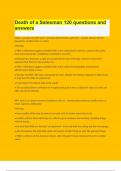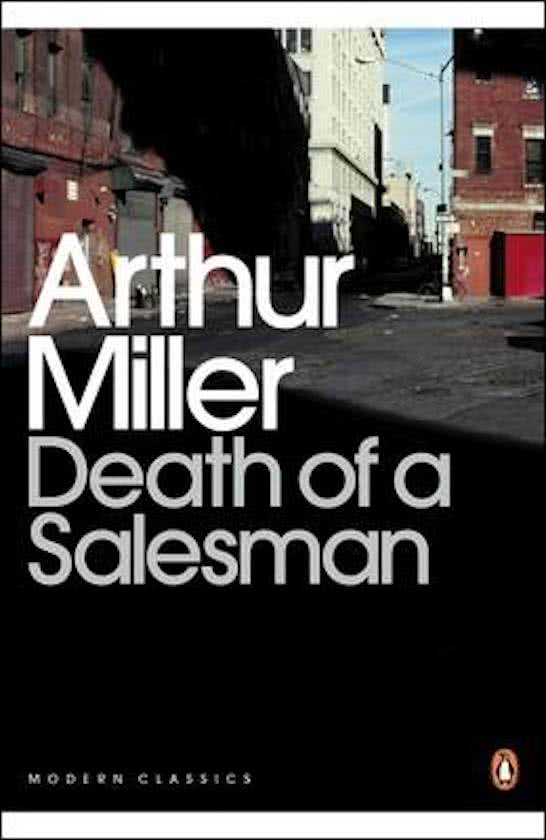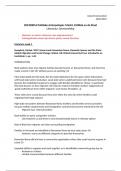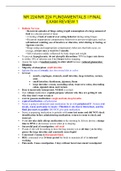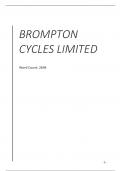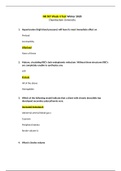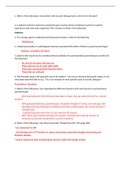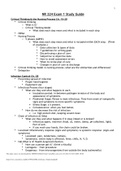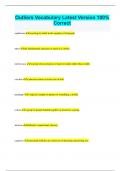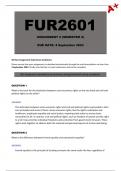Exam (elaborations)
Death of a Salesman |120 questions and answers.
WILLY: a young man with such—personal attractiveness, gets lost. Literary Device: Hyperbole, Conflict (Man vs. Man), Meaning: • Willy's reflections suggest complete faith in the notion that in America, anyone who works hard and is personally compelling is destined to succeed. • Beyond tha...
[Show more]
